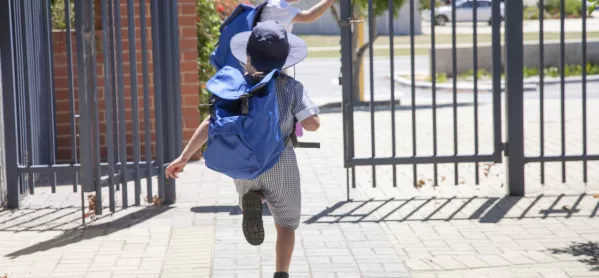The Department for Education has published a summary of the scientific advice it received from the Scientific Advisory Group for Emergencies (Sage), revealing that there is a “low degree of confidence” that children transmit the virus less than adults.
“There is no evidence to suggest that children transmit the virus any more than adults. Some studies suggest younger children may transmit less, but this evidence is mixed and provides a low degree of confidence at best,” the overview says.
DfE adviser: School return plan could risk virus spread
Related: DfE scientist ‘clarifies’ his school safety evidence
Heads: Explain to us why teachers don’t need PPE
Background: All primary pupils to be back in school before summer
The document appeared to have been put together in haste. It had to be taken down and republished after the original version contained an erroneous paragraph that seemed to related to exams rather than disease.

It also offers a confusing message on how long pupils and staff should isolate for if they have mixed with someone at school who tests positive.
Initially, the document says 14 days, but in a later passage says seven days.
Drawing together information from Sage and its Children’s Task and Finish Working Group, the summary finds that while there is “moderate to high” confidence that younger children’s susceptibility to clinical disease up to the ages of 11 and 13 might be lower than for adults, yet that there is “low confidence” in the idea that younger children are less susceptible to infection.
The summary also states that there is “a high degree of confidence that the severity of disease in children is lower than in adults”.
Addressing the parliamentary science and technology committee earlier this week, Osama Rahman, the Department for Education’s top scientific adviser, said that he had “low confidence” that younger children transmitted the virus less than adults.
He later issued a clarification of his comments, stating that he had “full confidence in the plan to open education institutions for all the reasons set out by government subject to the conditionality of the five tests, including a decreasing transmission rate”.





